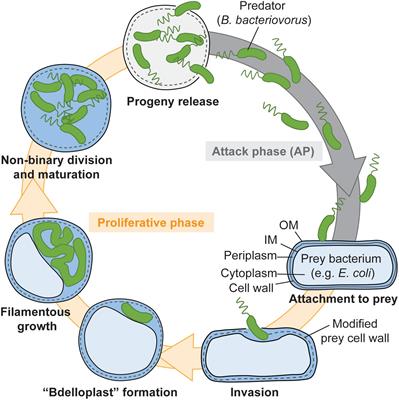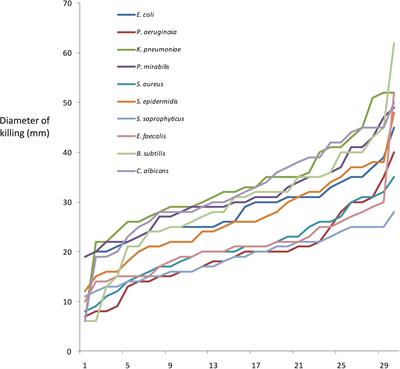EDITORIAL
Published on 08 Sep 2020
Editorial: Mechanisms of Prokaryotic Predation
doi 10.3389/fmicb.2020.02071
- 2,466 views
- 7 citations
16k
Total downloads
91k
Total views and downloads
EDITORIAL
Published on 08 Sep 2020
ORIGINAL RESEARCH
Published on 21 Apr 2020

REVIEW
Published on 15 Apr 2020

ORIGINAL RESEARCH
Published on 14 Feb 2020

ORIGINAL RESEARCH
Published on 04 Feb 2020

ORIGINAL RESEARCH
Published on 28 Jan 2020

PERSPECTIVE
Published on 21 Jan 2020

MINI REVIEW
Published on 14 Jan 2020

ORIGINAL RESEARCH
Published on 13 Nov 2019
